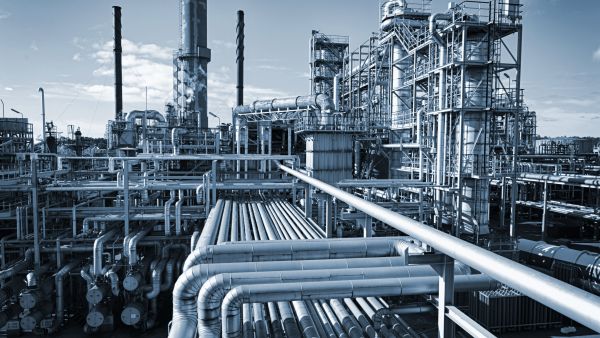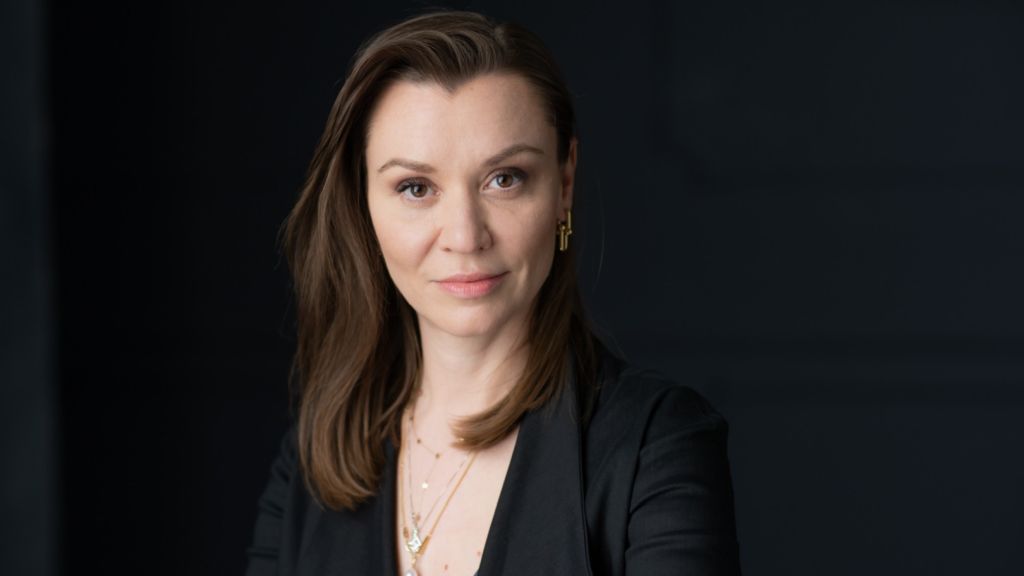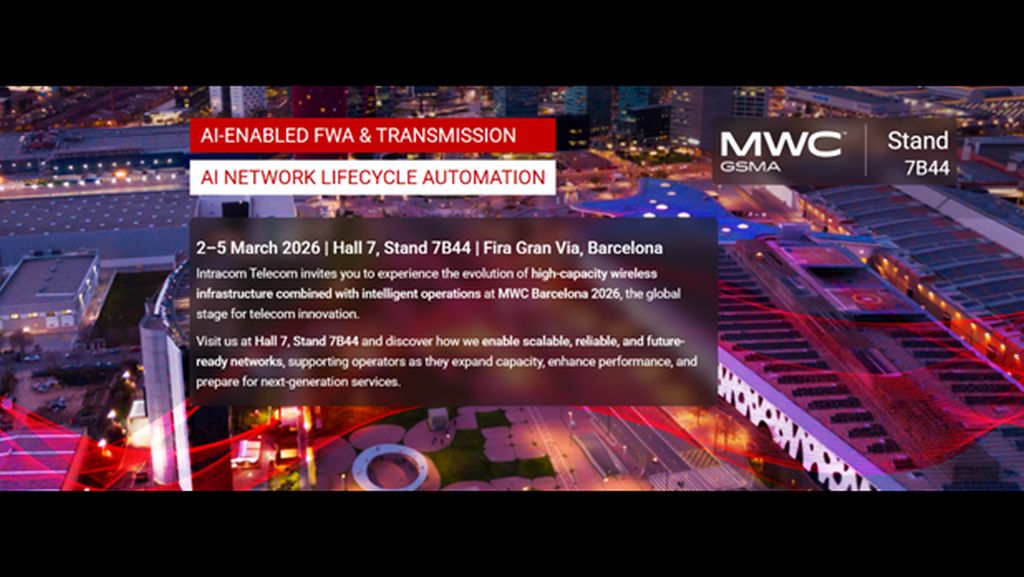Q: OMV Petrom registered a 22% net profit increase, with a record RON 4.82bn in 2013; please detail the results the company registered in 2013, the main events that marked your activity last year and the main drivers of your activity.
Mariana Gheorghe: Our financial performance is the result of our efforts over the years - the investments we’ve made, the systems we’ve put in place, our management structure and style. The results were also supported by the context on the international markets, with oil prices remaining in the upper range - above 100 USD/bbl. This helped us generate additional income in order to support our ambitious investments plans. If all goes well, OMV Petrom will continue to invest about between EUR 1 – 1.2 bn each year for the 2013-2015 timeframe. 2013 was a very important year for us. We managed to stabilize the oil and gas production in Romania, which is an important milestone for the company. I don’t know if you are familiar with the fact that Romania is one of the oldest oil producers in the world and current production takes place on the same fields that have been producing for 50 years or more. This has a lot of operational and financial consequences. We are talking about reservoirs which are close to depletion and the costs and investments necessary to take out the last drops of oil are quite significant. Also, there is what we call the natural decline of production. If we did nothing, the production from our current fields would have decreased by 10%-12% each year. But last year, for the first time since the privatization we managed to stop this decline, which means that the measures and investments we made so far are starting to show results and we have additional time to discover and develop new fields.
It is not only good memories that I have of 2013, but I also have to remember the challenges we faced. Gas and electricity demand continued to decrease, mainly due to lower consumption from large industrial clients. Also, there are a lot of other regulatory and commercial pressures foreseeable in the near future.
Q: The revenue and expenditure budget for 2014 includes a net profit fall of 18.6%, at RON 3.93bn. Which are the main factors you see hampering a faster growth of your business and which are your expectations for 2014? Please detail.
Mariana Gheorghe: One key element is the crude price estimates, which we see slightly lower than the real price in 2013. Also, I think that part of the challenges we faced in 2013 will continue to persist this year. We see energy demand continuing to remain under pressure in 2014, both for electricity and gas markets, as constructions and certain industrial segments like the chemical industry – one of the largest consumers in Romania – are still affected by the economic crisis. So, part of the reduction in the net profit is coming from unfavorable context in our gas and electricity activities. Also, the new tax on constructions will have a negative impact not only on Petrom, but on every company which operates with a large portfolio of tangible assets. OMV Petrom owes this tax for each oil well, for each pipeline and when you add it up, it is a large amount.
Q: For 2014, Petrom is considering a total investment of over EUR 1bn – please detail the main directions of your investment. How do you asses, especially in the context of high unpredictability, a good investment on the long run? When do you expect the return of these new investments?
Mariana Gheorghe: In the last nine years we have invested approximately EUR 10 bn to support what we believe it is the most complex and successful transformation of a state owned company during Romania’s integration into EU. It’s been a difficult process not only because of all the internal and external challenges that such a process involves, but also due to the nature of our business, which has a long investments cycle.
Now coming to our strategy for the next years, our investment plan was designed to ensure that we achieve our main objective: to remain the leading oil and gas company in South-East Europe. In order to achieve this, we need to expand our upstream activities. 85% of our investment budget will go to our Exploration and Production division. We’re geared to grow, particularly in the Black Sea region, which means exploration of new territories and stabilization of the current production from mature fields. Some projects, like the deep-water exploration in the Black Sea require huge investments and a long timeframe. For example, it can take up to 10-15 years from the moment of the discovery to get the oil to flow from a deep-water offshore field and for the company to start generating cash-flow from itsinvestment. So, we constantly have to consider this long cycle of investments and we have to find replacement for the oil fields, bearing in mind that it takes so long to start production.
As for how we take into consideration risks and uncertainties, it is a lot of planning work based on solid assumptions using fine modelling and sensitivity techniques, topped up by management judgment based on market trends and a lot of collective experience in the industry. It is not easy, but we have to do the best we can. For 2014 I would like to highlight two milestones: we’ll resume the drilling on Neptun Deep, together with ExxonMobil and we’ll complete the modernization of our Petrobrazi refinery, for which we had an investments budget of EUR 600 mn.
Q: Regarding CSR, what projects are you considering this year?
Mariana Gheorghe: Starting 2007, Corporate Social Responsibility principles are an integrated part of OMV Petrom’s strategy. Since then, the company allocated over EUR 40 mn for programs dedicated to environment protection, education, healthcare or to support Romanians exposed to extreme situations (floods, draught etc.). Through our programs we managed not only to address major issues for Romania, but also to become a leader in CSR for the Romanian business community and to gain also international recognition. Our major focus starting with last year is to support entrepreneurial education and initiatives, as a solution for the economic and social development of Romanian communities. This is why, last year we started the biggest social entrepreneurship competition in Romania - Made in Andrei’s Country that financed 10 start-up social businesses with non-refundable grants of 350,000 EUR for implementation. In partnership with Junior Achievement Romania we trained over 12,000 pupils in basic entrepreneurial practice. Together with KPMG we invited over 100 authorities of the local authorities to be part of a series of trainings about alternative financing sources. This year we will continue to follow the entrepreneurial track through dedicated programs focused on education, training and financing for local development solutions. Apart from the national programs, our main focus is on the communities in which we conduct our business operations. „Tara lui Andrei” is the platform that integrates our social impact programs, focusing on community development. For the past years we financed over 120 local community programs with about 1 million EUR. This will continue in the years to come.
Q: Which are, in your opinion, the main challenges that the industry you are active in under the new normal for the economy? How should the companies adapt / change in order to meet the new challenges?
Mariana Gheorghe: This is a good question. But first, what is normalcy? For most people, who were impacted by the recent economic crisis one way or the other, I think normal would be having stability and predictability in their lives, at their jobs... This is also the case for investing companies, especially for the ones with a long investment cycle and high investments risks. This is our case as well. Just to give you an example, it takes 3-5 years for onshore projects to go from opportunity to production and the cycle is 10-15 years for offshore. Within this interval the company has no cash flow from the project, but only expenditures. So we have to use the cash flow generated by previous projects.
On the other hand, efficient companies need to replace inefficient ones, thriving industries need to replace ailing ones and the process might get painful along the way, but is needed for a continuous economic development. I can talk of my experience on the transformation of Petrom from a state owned company to what it is now. In 2004, before privatization, Petrom was struggling with losses, was suffering from lack of investment and was exempted from payment of taxes. After 10 years, OMV Petrom is responsible for generating, directly and indirectly about 5% of Romania’s GDP, is the largest player in the economy, the largest tax payer, responsible for approximately 5% of total jobs in Romania, while recording positive financial results all along the way. We managed to update existing infrastructure- and, at the same time, building new projects – like the Brazi power plant. If we didn’t embrace change, we wouldn’t have reached this point. Looking forward, I think that there are some developments which companies cannot manage to ignore. The Internet and IT: it was a new trend ten years ago, but now you cannot live or work without it. Energy efficiency: it used to be something desirable, but price increases and volatility in recent years force economic players to monitor and optimize their energy consumption. On what the oil industry is concerned, deepwater drilling used to be consider an exotic endeavor two decades ago, but most companies who reported growth over the last years are engaged in this kind of projects. So change is part of our lives and companies need to strongly embrace it and manage it in order to be successful in this new dynamic world.
Q: After the recent movements on the market - the acquisition of the Agip petrol network by MOL, Eni leaving Romania – do you expect other movements of this kind?
Mariana Gheorghe: Fuel suppliers act on a free market. Agip decided to leave Romania, but Mol has growth plans. Also, there was a spike in interest for the local market in recent years, as Gazprom and Socar decided to enter the market and expand their distribution networks.
The entrance of new players contributes to the increase of the competition on the market. Increased competition is beneficial for consumers, who can have access to more proximity options and can reach their needs in an optimal way, with the best price for the desired products.
As for OMV Petrom, we are constantly reviewing the performance of the filling stations in our distribution network. We are looking for new opportunities – for example on new highways – and at the opposite point, we will give up stations if they re not sustainable on the long run, in terms volume of sales and profitability.
Q: What should be the future energy strategy of Romania?
Mariana Gheorghe: The new energy strategy for Romania is currently under debate. Romania is among the few countries in the region that has hydrocarbons reserves and could take advantage of this opportunity. By encouraging the energy industry
to develop,we will be giving Romania a great opportunity for ensuring energy security, but also to secure economic growth. Recent disputes in the neighboring country show us how valuable energy security can be. But Romania needs investments in order to achieve energy independence of more than EUR 3-4 bn year; therefore a stable and predictable economic and fiscal environment is required.
Q: How would you characterize the evolution of the Romanian economy in the first part of 2014, and what expectations do you have for the second half and also for 2015?
Mariana Gheorghe: International institutions expect Romania’s economy to grow by 2.3%-2.5% in 2014, but we think it is possible to achieve even a higher growth rate in the absence of strong negative impact from elections.
I see domestic consumption and investments as the main growth factors, while external environment will continue to be challenging. But the consolidation of economic recovery requires fiscal and political stability. We do see prospects of economic growth around those levels also in 2015 in the absence of major disturbing factors.
As far as the energy market is concerned, we expect the average Brent oil price to remain above USD 100/bbl, which is a favorable development for companies with upstream activities.
In the local gas and power market, demand is expected to further decrease, which will lead to increased competition and margin pressure. As for the electricity segment, there is high pressure on prices due to decreasing demand and overcapacity on the production side, driven by the renewables boom in recent years. So, the macro environment will remain challenging, but there still are opportunities to those willing to take capture them.


































